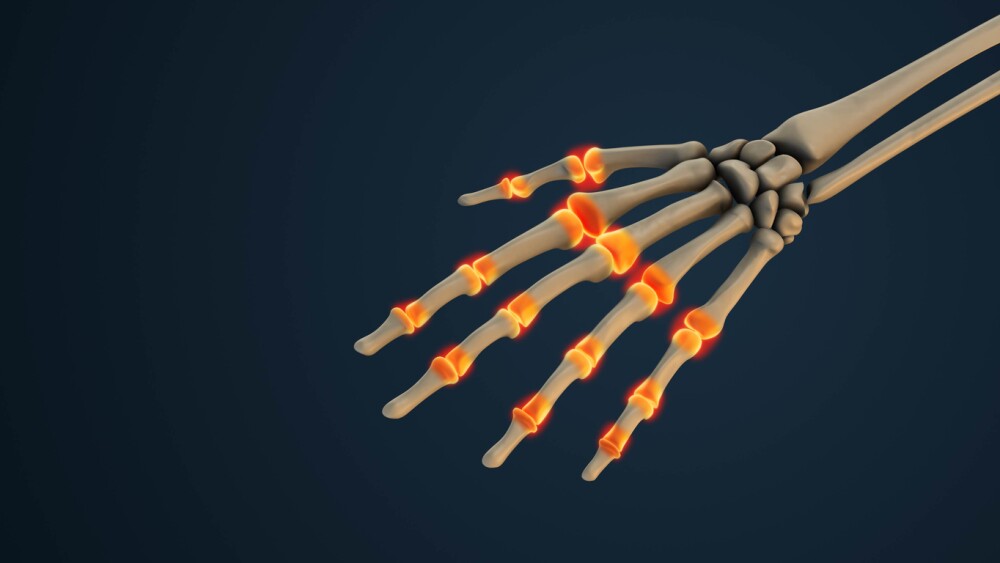The technology was engineered in the lab of Kevin Kit Parker, Ph.D., Tarr Family Professor of Bioengineering and Applied Physics at the Harvard School of Engineering and Applied Sciences (SEAS). A key bottleneck in the drug discovery process is screening for adverse effects. The leading cause for drug failure is cardiotoxicity, which often goes unnoticed until advanced clinical trials or commercialization, which can endanger patients and result in significant financial losses. An accurate prediction of cardiotoxic effects during the early stages is the goal of many pharmaceutical and biotechnology companies. The current standard method of screening for cardiotoxicity uses a non-human, non-cardiac cell line, which has been shown to be an insufficient predictor of human cardiotoxicity. Newer methods using human induced pluripotent stem cell (iPSC)-derived cardiomyocytes lack proper organization, falling short in providing an accurate model of human cardiac tissue.
Applying Dr. Parker’s MTF technology, TissueNetix will develop an “organ on a chip” platform to screen networked cardiomyocytes (a ‘mini-tissue’) that beat and conduct electrical signals in a manner similar to the human heart. Testing drugs in this system will improve predictability of a drug’s potential for cardiotoxicity. With the engineering of MTFs, Dr. Parker has demonstrated how to grow heart muscle in a petri dish. Internationally recognized for his research on cardiac cell biology and tissue engineering, Dr. Parker is involved in projects ranging from creating organs-on-chips to developing nanofabrics for applications in tissue regeneration. As a result of Dr. Parker’s expertise in mechanotransduction in cardiac, neural, and vascular smooth muscle cells and tissues, his laboratory is also known for having identified the mechanisms of traumatic brain injury.
"I am excited about working with TissueNetix and developing a company focused on realizing the health-related benefits of ‘organ on a chip’ assays,” said Dr. Parker.
“This has been my intent since I was a graduate student many years ago, to apply tissue engineering to drug discovery and other applications in support of the pharmacological and biotechnology industries.” Dr. Parker will become co-chair of the company’s scientific advisory board and will join Roberta Gottlieb, M.D., an expert in cardiac cell biology.
“I am delighted to have Kit join the team. His creative energy and engineering expertise provide an important addition to the TissueNetix SAB,” said Dr. Gottlieb.
“Today’s agreement is a key milestone for TissueNetix,” said Robert Ellis, CEO of TissueNetix.
“It will enable us to bring to the market the next generation of tools for measuring cardiotoxicity using iPSCs in the drug development process. This will allow developers to make more informed decisions in bringing safer drugs to the market and have significant financial benefits for them.”
"We're pleased that this important technology will be applied to assist the cardiotoxicity screening of new drugs in development," said Fawwaz Habbal, Executive Dean for Education and Research at Harvard SEAS.
"The license granted to TissueNetix exemplifies Harvard's commitment to serving the public interest by ensuring the appropriate and effective translation of new technologies from the School of Engineering and Applied Sciences, as well as laboratories across Harvard, to the marketplace in ways that will improve health care and benefit society."
About TissueNetix, Inc.
TissueNetix is dedicated to developing novel assays that make use of human cells to help eliminate toxic compounds during the drug discovery process. We are developing a novel microplate format of beating, conducting human cardiomyocytes for the most accurate and efficient drug cardiotoxicity screening. Our unique approach is based on an innovative marriage of engineering and cell biology that allows scientists to use pre-plated human cardiomyocytes for drug screening in assays designed to work on existing high-content imaging platforms. For more information, visit www.tissuenetix.com.
About Kevin Kit Parker
Kevin Kit Parker, Ph.D., is the Tarr Family Professor of Bioengineering and Applied Physics at the Harvard School of Engineering and Applied Sciences (SEAS). He is also a Core Faculty Member at the Wyss Institute for Biologically Inspired Engineering at Harvard. At SEAS, he is the director of the Disease Biophysics Group, whose research focuses on mechanotransduction in neural and cardiovascular systems. He is also a member of the Systems Biology Program at Harvard Medical School, the Harvard Stem Cell Institute, and the Harvard-MIT Health Sciences and Technology Program. For more information, visit http://diseasebiophysics.seas.harvard.edu.
About Harvard University’s Office of Technology Development
Harvard's Office of Technology Development (OTD) is responsible for all activities pertaining to the evaluation, patenting and licensing of new inventions and discoveries made at Harvard University and Harvard Medical School. OTD also serves to further the development of Harvard technologies through the establishment of sponsored research collaborations with industry. OTD’s mission is to promote the public good by fostering innovation and translating new inventions made at Harvard into useful products available and beneficial to society. For more information, visit http://www.otd.harvard.edu.




